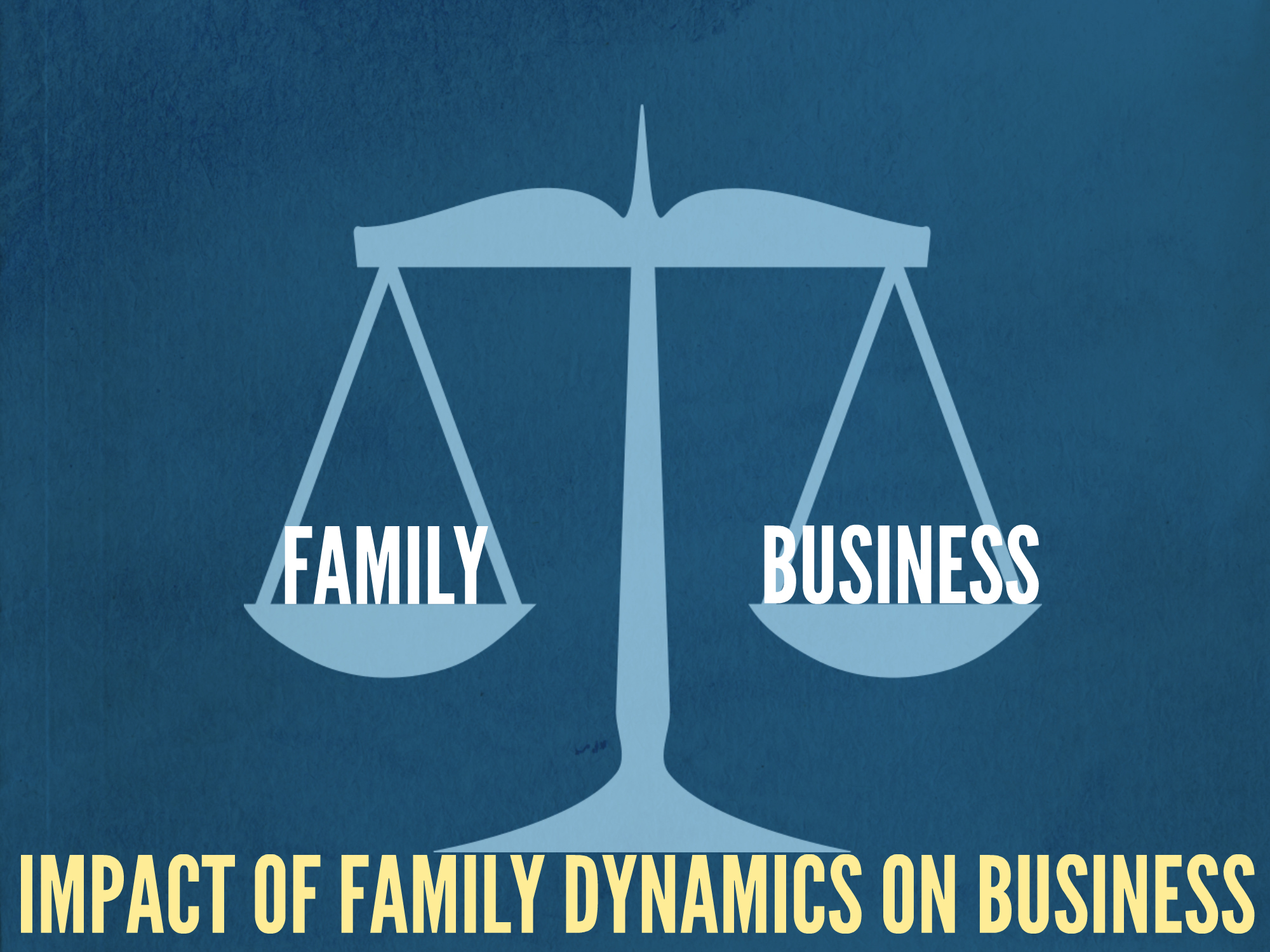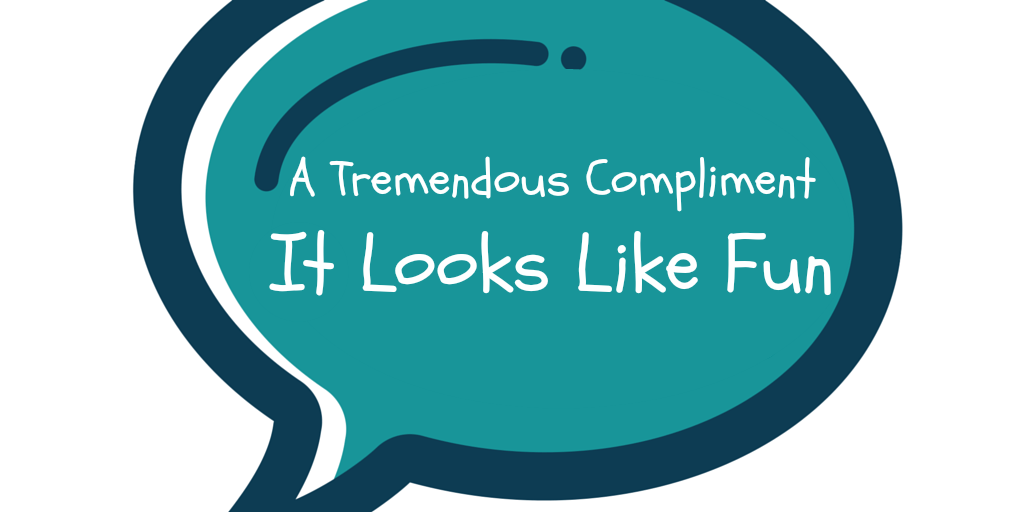
Impact of Family Dynamics on Business
I had the privilege recently of participating in a panel for Mass Mutual as they presented the FutureSmart program in OKC. During the panel, I was asked: “Many businesses in the region are family-owned businesses. How does family dynamics affect the success of a family-owned business? What should family members who are in business together be managing so they can maintain a healthy balance in both the business and the family?” Here is what I told the group:
The closest our family business ever came to no longer being a family business was due to not having a company valuation. Generation 2 had three members, one of which wanted to retire and sell his shares. However, the seller and the two family members that were buying could not agree on a value. This became very ugly and eventually led to putting the company on the market to sell for a short while. Fortunately, they figured out an agreeable price, keeping the company ownership within the family.
Family dynamics form the undercurrent for the environment and company culture. This can be either empowering or debilitating. In an environment where there is mutual trust, defined roles, and family members are on the same page, everyone can be empowered to do their best work. This includes both the family members and the team surrounding them. On the other hand, if family relations are tense or there is a lack of trust, it is not fun for anyone. Family members are fighting, micro-analyzing each other’s actions and motives. The family members are distracted from the real business mission. The supporting team does not know who is really in charge, being told something by one family member, then something different by another family member, essentially trapping them in the middle. Then the environment turns sour, and no one is empowered to do their best work.
This is best managed by managing the personal relationships as well as the business relationship. This is where my cousin and I, the family members that make up generation 3 are a good balance. I continually watch out for the business relationship side of things. I make sure we have defined roles, look out for what may be next, how those roles might change as the business grows, bring in outside consultation as needed for business purposes, etc. He is really good at watching out for the personal relationship side. He is the one that will tell me to slow down. He will tell me that we need to stop and meet for breakfast or coffee every once in a while. No agenda, just because. This creates a healthy dynamic. It has taken some time, difficult conversations, and moments of distrust to find this balance. Only by making mistakes and enduring some unpleasant environments have we learned our lessons. Now we know how to keep it healthy. Now we truly understand the value of a positive family dynamic.
Something I did not say but wish I had: The dynamics of the relationships between executive team members set the undercurrent for the environment and culture whether they are family or not. Family relationships typically carry more history and can escalate the situation faster, but the principle remains. Healthy personal and business relationships between top leadership always matter.
How healthy are your relationships? Are they creating an environment of empowerment where the best work can happen? Or are they inhibiting progress? What business relationships or personal relationships do you need to invest in?





Comments (1)
Boz
April 27, 2017 at 12:43 pm
“Something I did not say but wish I had: The dynamics of the relationships between executive team members set the undercurrent for the environment and culture whether they are family or not.” So true. Great insight, Ryan.
Comments are closed.